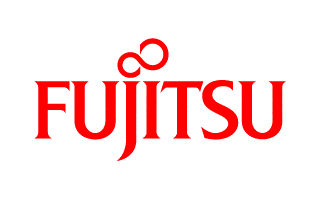
NEW DELHI: IT services provider Fujitsu has come out with its Storage ETERNUS CS8000 that helps mid-Market and major enterprises to reduce backup and archiving costs.
"FUJITSU Storage ETERNUS CS8000 Data Protection Appliance delivers unbeatable data availability and efficiency in business-critical IT operations. ETERNUS CS8000 is the most flexible appliance on the market to support mid-range environments as well as high-end enterprises with a reliable and cost efficient solution, based on the individual customer needs. Already a segment leader in terms of product quality, functionality, and scalability in capacity and performance, enterprise-class deduplication technology of the ETERNUS CS8000 has also been further refined," a statement said.
ETERNUS CS8000 allows organizations to treat data according to the business requirements. More importantly, ETERNUS CS8000 is not limited to optimizing the backup process, but also to optimize the restore and recovery processes – the fundamental task of any backup.
Bernhard Brandwitte, Vice-President Global Storage Business at Fujitsu, said: “Data protection is not about backup – it is about recovery! Pure deduplication appliances in particular can dazzle customers with theoretical peak performance numbers for the backup process. But in the end all that matters is recovery speed, especially for large data sets like a complete database. If your productive IT system is down, then every second counts.
ETERNUS CS8000 provides a ten-fold performance premium over systems from other vendors1 – even better for disaster recovery. To keep the costs low, ETERNUS CS8000 uses disk, deduplication disk and tape in the right mix to best fit the customer’s individual needs. And this whole process is automated to align resources based on business requirements – this is what we call business-centric storage.”
Archana Venkatraman, Senior Research Analyst, Storage at IDC says: “In today's highly virtualized and mixed workload environments, enterprises can benefit from using scale-out storage architectures that enable them to linearly scale capacity and/or performance independent of each other while keeping management simple and costs low. Large enterprises – with their no-compromise requirement around performance, resilience, quality of service, high availability and reliability – are likely to rely on newer, more scalable iterations of established enterprise storage systems for their business-critical workloads.”3
/vnd/media/agency_attachments/bGjnvN2ncYDdhj74yP9p.png)